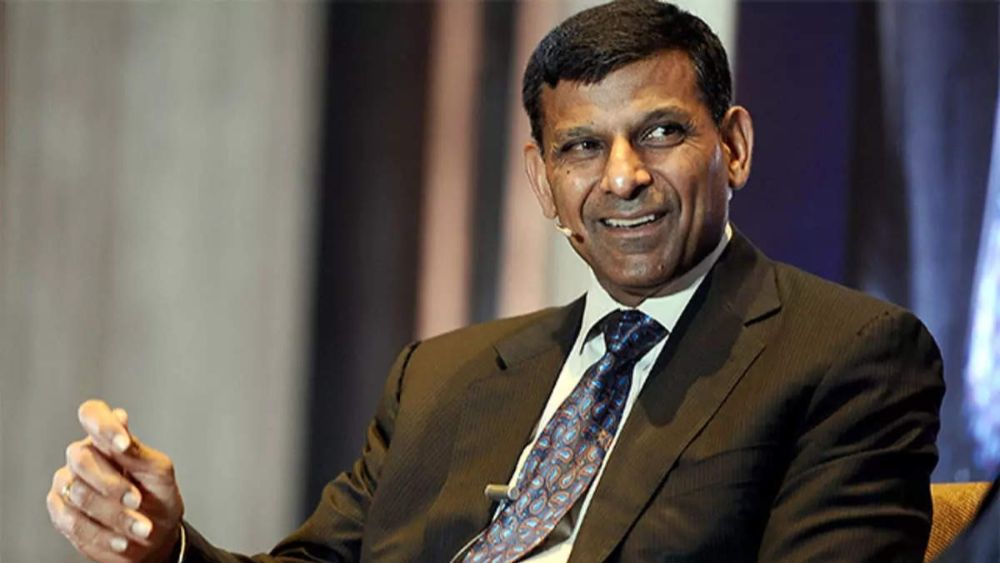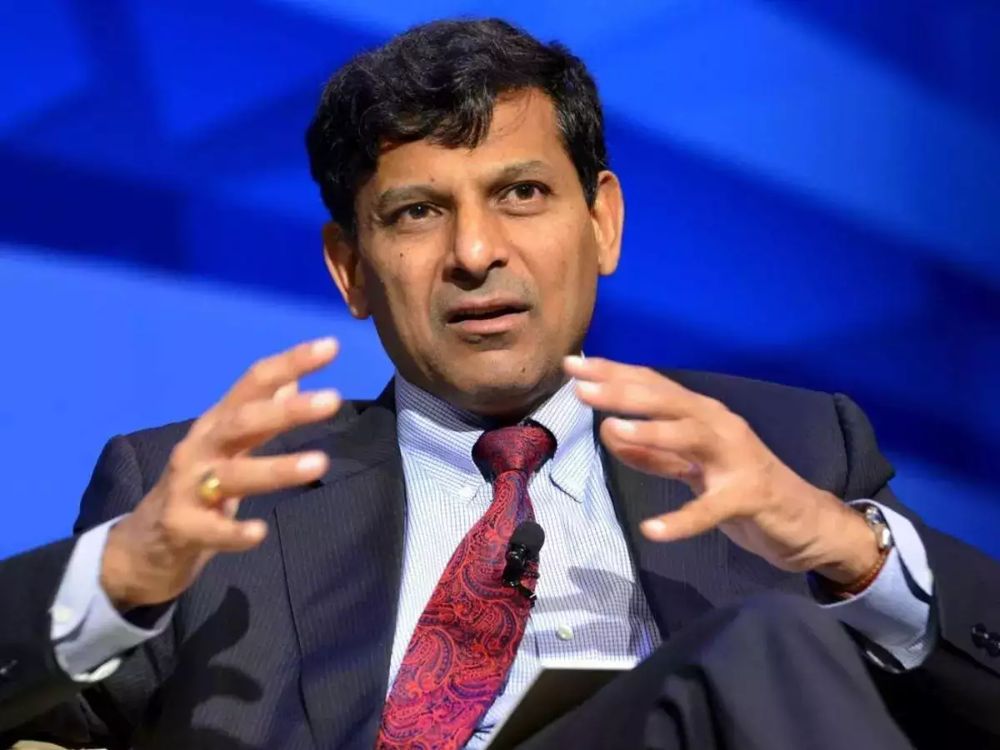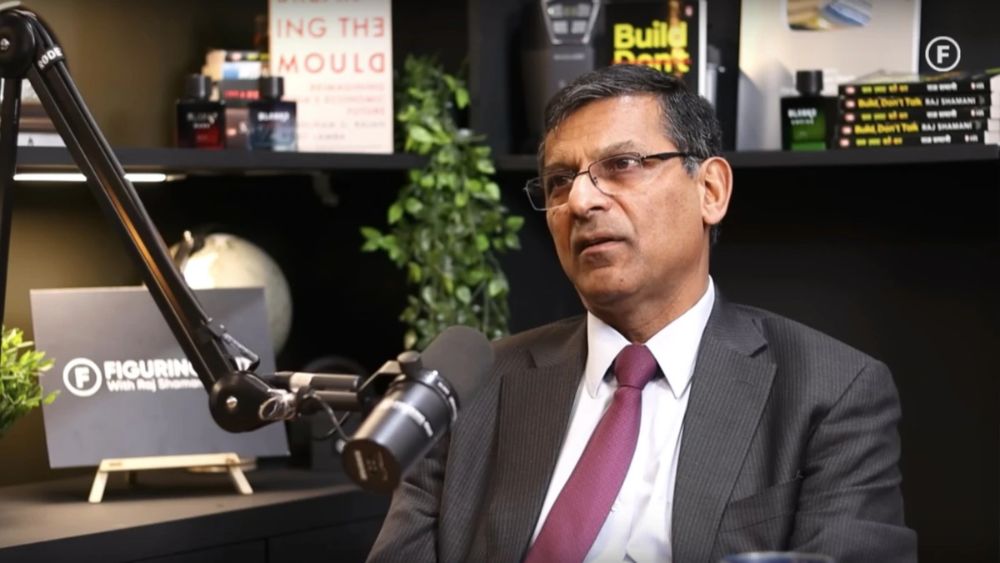In a recent interview on Raj Shamani’s “Figuring Out” podcast, former Reserve Bank of India (RBI) Governor Raghuram Rajan unveiled details about his salary during his tenure. Rajan stated that he earned INR 4 lakh per year as the RBI governor and acknowledged that he was unaware of the current governor’s salary.

Speaking about the perks of the position, Rajan emphasized that the most significant benefit was the provision of a spacious residence in proximity to Dhirubhai Ambani’s house in Mumbai’s Malabar Hill. He clarified that during his term from 2013 to 2016, his annual salary was on par with the Cabinet Secretary. Although he was entitled to medical facilities, he did not receive a pension.

Rajan also shed light on why RBI governors do not receive a pension, explaining that since they are civil servants, they already receive a pension from their civil service. However, he noted an exception for one governor who, not being a civil servant, was deemed eligible for a pension due to his extensive service to the RBI and the government.
The disclosure of Rajan’s salary sparked speculation, as media reports suggested discrepancies. An article published in The Sunday Guardian in June 2020 claimed that Rajan received approximately INR 61.2 lakhs for his entire tenure, averaging INR 1.69 lakhs per month. The report cited an RTI response revealing that the RBI spent more on transporting Rajan’s household goods to Chicago than his total salary for the three years.

Contrary to Rajan’s stated figure of INR 4 lakhs per year, reports indicated that when he left office in September 2016, his salary was close to INR 2.09 lakhs per month, amounting to INR 25 lakhs per annum. In contrast, the current RBI governor, Shaktikanta Das, reportedly receives INR 2.5 lakhs per month, aligning with the salary progression observed since Rajan’s departure.

Rajan’s recent remarks come amidst his history of controversial statements. In a separate interview, he provided a unique perspective on unaccounted cash recovered from Congress Rajya Sabha MP Dhiraj Prasad Sahu, attributing it to the perceived inequities in the use of electoral bonds favoring the ruling party.
